People development
AREA, STRATEGIC GOALS AND HIGHLIGHTS OF 2023
Targets 8.5 и 8.8
The Company strives to build an inclusive environment for disabled people, help adapt workplaces and municipal infrastructure to their needs and employ more such people depending on business requirements
We organised a job fair for disabled people
We streamlined cooperation with employment centres to facilitate the employment of disabled people
Targets 8.5 и 8.8
The Company is ready to provide all employees with opportunities for professional and career growth mainly subject to their competencies and personal performance
Targets 3.4 и 8.3
Target 4.4
Promoting retraining and professional development
Investing in future talent
Target 8.3
Motivating the staff to increase productivity and deliver strong operating results, retaining qualified talent
Targets 3.4, 8.3 и 8.8
Providing comprehensive social support to our employees with annual increase in funding for social benefits and guarantees, financial aid, and implementation of corporate social programmes

Our key asset is talented, professional, and committed employees that share our corporate goals and values. The Company’s entire HR framework is geared towards recruiting, supporting, and motivating employees to achieve the most ambitious goals. To this end, we provide a wealth of opportunities to enhance skills and knowledge, take consistent efforts to foster a culture of safety, equality and respect, and offer competitive salaries and social benefits.

2023 accolades
- A top 5 employer among Russian manufacturing majors according to HeadHunter
- The highest, platinum status in the rating of Russia’s best employers from Forbes
- Highest scores in RBC’s employer rating
- PhosAgro enterprises won in four categories of the 5 Stars. Leaders in the Chemical Industry nationwide industry competition
- A top 15 company with the most effective social and charitable programmes in the Russian Leader in Corporate Philanthropy competition
- Nomination for Graduate Awards, a professional competition of the best projects in working with graduates and young professionals
- Seven employees recognised as winners of the Engineer of the Year contest
- Ten employees named Russia’s Professional Engineers
- 20 employees honoured with Russian state awards
- Nominee of HR Brand 2023, an award from HeadHunter for achievements in HR management
To deliver on our objectives, we:
implement a remedial action plan called Growth Area based on the annual employee survey results;
develop and implement e‑learning modules on blue‑collar jobs, occupational safety, and managerial skills; leverage an innovative approach to professional training (virtual reality simulators, 3D models, production training grounds for improving workplace safety skills, among other things);
draft and put in place online training courses on personal competencies;
develop a knowledge management system, including corporate libraries and guidelines;
introduce succession and training support tools such as mentoring, coaching and supervision;
assess the application of skills acquired by the staff involved in real business operations and project activities.
We rely on a robust performance management system that covers all levels – from individual employees to the Company as a whole – to ensure PhosAgro’s sustainable growth in line with its goals.
New‑generation employees are aware of how important personal and professional growth is as it is a key to success and self‑fulfilment in the constantly changing world. High remuneration is often no longer the main incentive, with self‑fulfilment coming to the forefront if the Company invests heavily in developing the professional skills and competencies which will be in demand going forward. This is why we place a strategic emphasis on supporting our people’s drive for self‑improvement. We seek to create the right environment for them to fully unlock their potential.
The Company’s key production sites are located in the Murmansk, Vologda, Leningrad, and Saratov regions. As a major contributor to the local economy and one of the largest employers in these regions, PhosAgro has a significant positive impact on social development and welfare across its geography.

HR management principles
Relations between the Company and its employees are governed by the Russian Labour Code.
The reporting year saw a new version of the UK Modern Slavery Act Transparency Statement approved, which discloses contributions towards the UN SDGs and the Company’s social projects to combat violations of human rights. Over the last three years, our employees have received more than 21 additional training courses in human rights and corporate ethics.
We provide equal access to educational resources and endeavour to remove all restrictions on career growth for women and men.
An important focus for our employees on their way to success is professionalism, consistently high performance, and commitment to corporate values.
The Company pays special attention to the gender composition of its staff. Due to the nature of our operations, the personnel structure is dominated by men. Nevertheless, PhosAgro seeks to maintain gender diversity both in production and administration, taking into account the specifics of the Company’s operations, and to develop an income generation strategy for employees based on these aspects.
PhosAgro’s Personnel Management Policy has the following key areas:
- organisational change management system;
- personnel attraction and recruitment system;
- personnel training and development system;
- incentives and rewards system;
- social benefits system;
- corporate communication system;
- working hours and leisure;
- respect for human rights and non‑discrimination.
In our operations, we seek to maintain an impeccable reputation and comply with ethical business practices. PhosAgro adopted a Code of Ethics in 2014 and updated it in 2021. It applies to all employees and is the Company’s primary document that clearly defines our corporate culture, rules and regulations for collective behaviour within the Company, business and social relationships, and interactions with other stakeholders.
When agreeing and entering into contracts with external contractors, it is an imperative for us to cover arrangements and commitments related to mutual respect of human rights and compliance with the Company’s Code of Ethics.
The Code outlines our common values and underpins our success, helping us avoid unjustified risks, maintain long‑term business growth, strengthen our position in the Russian and foreign markets, and increase the Company’s value for shareholders and other stakeholders.
The following strategic risks affect our HR management objectives:
for more information, see the «Strategic Risks»
Risk areas specific to HR management
Recruitment
As part of its comprehensive recruitment approach, PhosAgro continuously monitors the labour market in Russia to attract skilled staff and efficient managers with work experience at leading national and global companies, always determined to be one step ahead of the curve.
Our recruitment efforts are underpinned by a consistent career guidance model, which prioritises engagement with school and university students.
The Company works continuously to improve its recruitment processes. In 2023, as part of the process automation, a recruitment module was put into commercial operation to ensure faster communication with candidates and customers, while also reducing the time it takes to fill vacancies and minimising labour inputs along the way. In addition, we actively roll out and develop HR marketing tools.
If two or more candidates qualify for a job, we are more likely to pick the one who is either:
- a young promising professional (a programme for attracting, mentoring, and upskilling high‑potential university graduates);
- an employee included in our talent pool (a programme for those looking to develop professional and managerial competencies for career growth).
As at the end of 2023, the Group employed 128 people with disabilities (88 in 2022). We believe we must exercise an individual approach when hiring people with special needs, and we are aware of our responsibility to create an inclusive environment for them.
Key areas
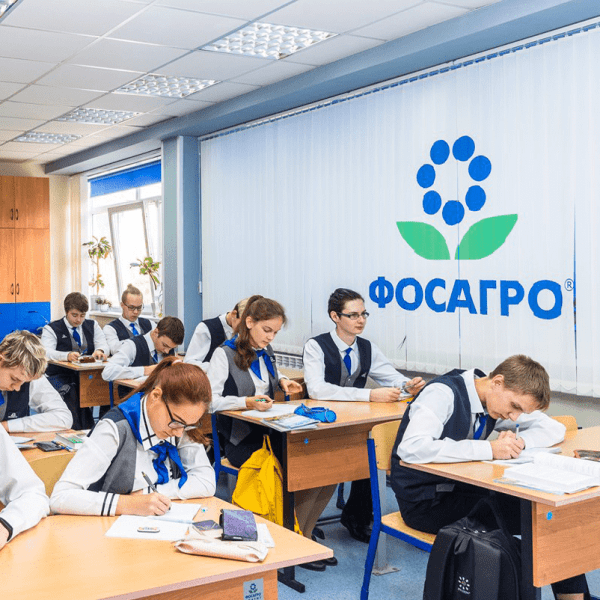
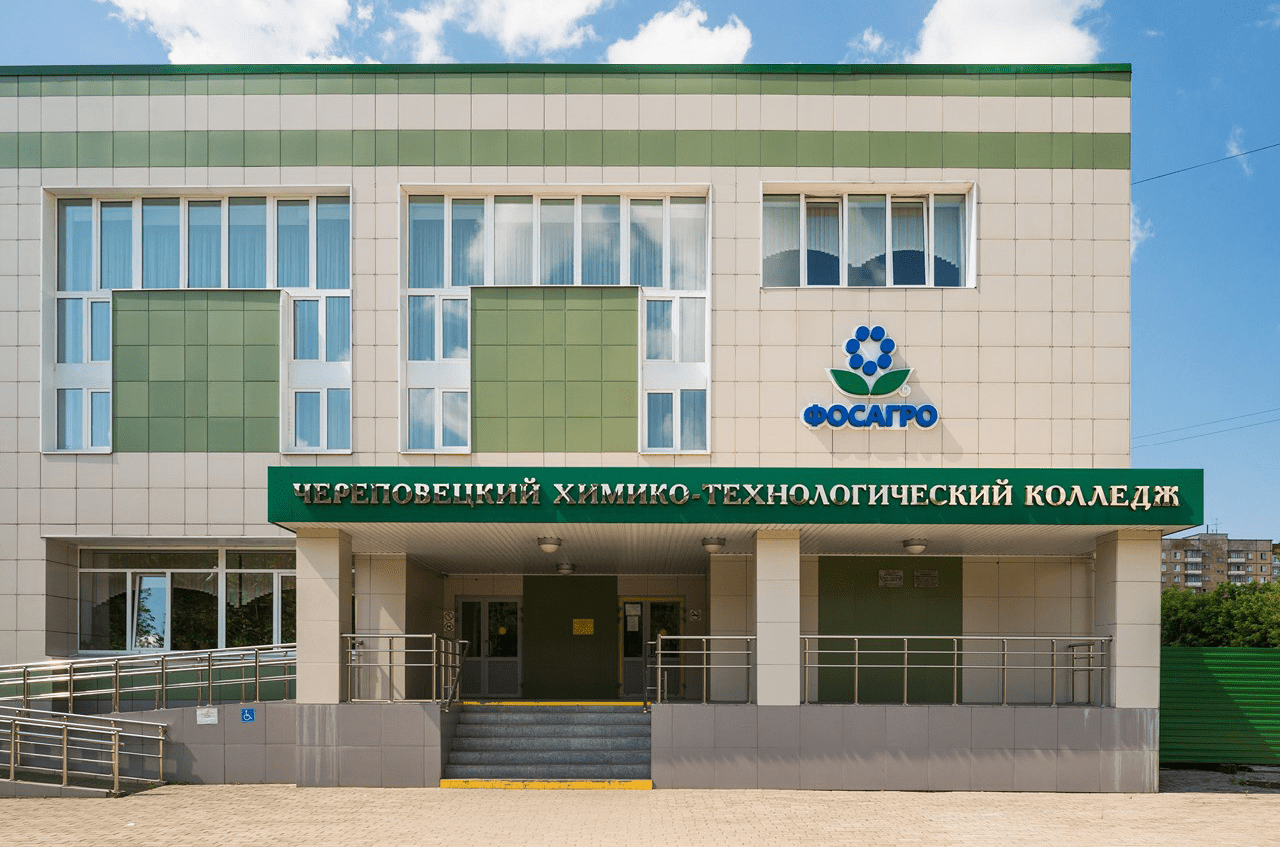
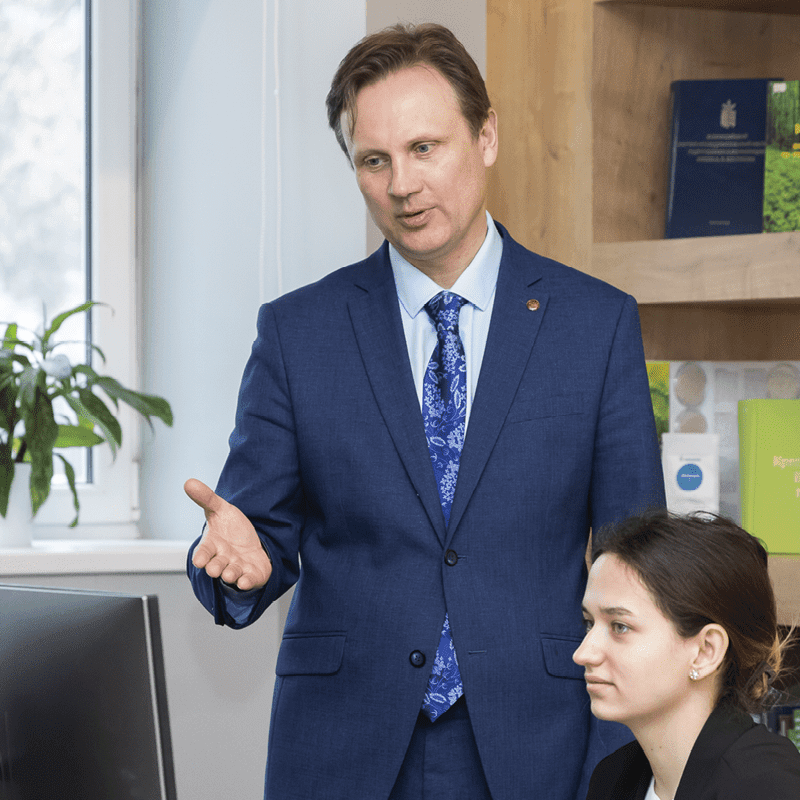
The Company honours all its obligations related to the employment of the disabled as required by applicable laws. In addition, we rely on job quotas in hiring the disabled, support Abilympics, a competition for the promotion of disabled people’s professional expertise, take an active part in job fairs for the disabled, and sign workplace lease agreements with other companies. Going forward we plan to expand our practices of building an inclusive space.
Open communication channels
Our employees have access to multiple communication and feedback channels within the Company. Some of the formats are a hotline, regular information sessions for the staff and management, a corporate portal, a mobile app, information boxes for requests, and official social media accounts of the Company.
The Company keeps introducing popular cutting‑edge technologies in corporate communications. These include a user‑friendly mobile app with self‑service options and a personal account with HR data, a chatbot, our corporate portal with new capacities, online training platforms, automated HR management system, and many more.
In developing our production and creating new jobs, we seek to prioritise local residents when filling our vacancies.
To enhance women’s social security in accordance with the applicable laws, the Company:
- does not use female labour for manual lifting or carrying weights exceeding maximum allowable limits;
- releases pregnant women from their job duties and transfers them, subject to their medical reports, from production sites to lighter‑duty positions;
- provides women, at their request, with a parental leave until the child reaches the age of three;
- prohibits business trips, overtime or night work, work on weekends and public holidays for pregnant women, except when there are a written consent and no contraindications;
- safeguards employment of pregnant women, with their employment contracts terminated only in the event of liquidation of the facility, as well as that of women having children up to three years of age and single mothers having children up to 18 years of age.
High‑Potential Graduates
Corporate training initiatives
Top 40 Talent Pool / Team of the Future
Participation of women in internal thematic events
- Superfinals of the Young Manager – 2023 competition. 10 men, 3 women.
- Superfinals of the Mentor of the Year – 2023 corporate contest. 8 men, 5 women. A woman won the superfinal
- Final of the Formula of Knowledge – 2023 corporate contest. 1 man, 5 women.

The decrease in productivity at Apatit was due to the growth of the Company’s headcount as a result of investment projects and bringing previously outsourced equipment repair and maintenance functions back in‑house.
In 2023, the employee turnover rate was 8.1%, down 1.7 p.p. y‑o‑y.
The Growth Point employee feedback survey serves as a vital instrument for the Company to gather insights from employees, enabling it to swiftly identify both challenges and areas of opportunity and develop improvement plans for all PhosAgro Group facilities.
This annual study has been carried out for eleven years, accumulating over 76 thousand completed questionnaires. In 2023, 74% of the Company’s workforce participated in the survey.
The consolidated employee satisfaction and loyalty index stood at 73 p.p., surpassing the industry‑wide benchmark for manufacturing and mining industries (provided by an independent consulting firm) by 13 p.p. and hitting an all‑time high since the measurement began in 2013.
Employee engagement reached 72 p.p., marking a 2 p.p. increase from the previous year. Additionally, 89% of employees expressed willingness to recommend the Company as a great place to work, which is an improvement from the 2022 level of 82%. Furthermore, 89% of employees expressed trust in PhosAgro’s management decisions, compared to 87% in 2022.
The survey results demonstrate that employees of PhosAgro Group hold a positive view of the Company’s overall strategy and the effectiveness of its annual improvement plans. Notably, employees show a high level of confidence in the opinion research as an effective tool for addressing challenges within business units.
PhosAgro management seeks to attract highly skilled professionals and young talents, establish a knowledge and experience transfer system for new generations of employees, and provide continuous training and development opportunities. We place heavy emphasis on professional growth and are committed to fostering production initiatives and in‑house expertise.
Our objective is to create a corporate educational environment that encourages the development of professionalism, self‑improvement, training, and knowledge sharing. We actively utilise new tools, methods, and technologies in this pursuit.
In 2023, we continued to develop a distance learning system for our employees and create internal training materials. By leveraging automated solutions and services in personnel assessment and training, we expanded the number of methods and tools available for personnel development.

Our corporate training framework relies on the following principles:
alignment with the Company’s strategy;
assessing and prioritising actual training needs of various staff categories to build appropriate processes;
planning, coordination, quality and efficiency audit;
introducing the most advanced and efficient methods and tools from an economic and methodological perspective;
developing new formats;
using an individual approach to young talent;
proactively identifying and developing new leaders to succeed current ones.
In 2023, we continued to improve our corporate training programme by rolling out remote educational and development tools, leveraging digital technologies and creating mixed training formats.
The Company promotes a remote training system, creates online courses and upgrades technical capabilities by introducing computer simulators, and implementing VR technologies to support the learning process. In 2023, remote training experts put together 25 programmes on information security, pricing in construction, safety of rail transportation of hazardous substances, introductory video briefings, etc. The remote training system counts over 250 courses, while the VR library offers 15 programmes on occupational health and safety, as well as two programmes on assembling and disassembling of rotating equipment.
We also provide our employees with opportunities for self‑development by giving them access to our corporate electronic library and online training platform. In 2023, our employees completed over 6.7 thousand courses on the Eduson corporate educational platform, attended 11.5 thousand lectures, and passed more that 35 thousand tests, investing over 3,500 hours in learning. They also spent a total of over 5,800 hours using the corporate e‑library, Alpina.
This is 3.4% below the previous year, which is due to improvements in efficiency driven by greater reliance on in‑house resources during the training process.
Talent pool programmes
The Company seeks to meet its personnel needs by maximising its use of the talent pool to select, develop and appoint employees to new positions.
The talent pool programmes include a variety of training options for talent pool members helping them to develop managerial and professional competencies, and to boost personal and business skills, such as analysis and decision‑making, leadership, workflow management, motivation and delegation of powers, conflict settlement, project management, effective communications, etc.
In 2021, the Company started to use mentoring as a vehicle for promoting talent pool members. Senior managers (mentors) share their experience and knowledge with the participants in an attempt to build a next‑level management culture, while talent pool members get a chance to learn the secrets of successful management from executives.
Previously known as the Top 40 Talent Pool, the programme was reconsidered and renamed the Team of the Future. Its goals remain unchanged: fostering conditions for professional and personal growth, sharing experience, and addressing new challenges in the face of constant change. The programme is open for professional managers who act as role models and are willing to take on challenging tasks while remaining true to the Company’s values. The Team of the Future programme includes four in‑person sessions combining group training and individual support, such as work in groups of three, mentoring, and project teams. At the end of 2023, Moscow hosted the programme’s final session, with six teams showcasing their projects. Of them, three projects were recommended for implementation: “Automation of the Register of Buildings and Structures”, “Automation of Warehouses”, and “Ideogora” (creation of a single digital platform for new ideas and expert communities based on WebSoft).
Starting 2023, members of the Team of the Future act as mentors for employees taking part in the PhosAgro‑START programme. For mentors, it is also an opportunity to take stock of their knowledge, skills, and experience. Mentoring is recognised as a valuable tool for mentees as it enables them to seek advice from seasoned managers, better understand the corporate culture and the role of the manager, and build new connections. Mentees can choose their mentor via the corporate portal, where the Mentoring section contains profiles of all available mentors and a contact form to initiate a kick‑off meeting.
In 2024, we will continue our efforts to develop leadership competencies. Another major task for us is to create management teams at structural units and cross‑functional project teams led by the Team of the Future members.

The pillars of creating our talent pool are:
- flexible planning of positions eligible for filling from the talent pool, and of lists of talent pool members;
- collegial decision‑making on key aspects regarding the talent pool;
- focused career planning and professional development for talent pool members;
- prioritised investments in training and development of talent pool members;
- prioritised appointment of talent pool members to fill relevant job vacancies;
- transparent communication on how the talent pool is created and how employees can participate and benefit.
Rules of Effective Management
One of the Company’s focus areas in training and development is to improve management culture.
In 2022, PhosAgro set up the Rules of Effective Management project to train and support its managers.
The purpose of the initiative is to strengthen management culture, while also establishing and applying uniform rules for the supervisor‑subordinate relationship to make staff interaction more effective.
The Rules of Effective Management help the Company’s employees in their managerial activities, laying down the fundamental principles of building effective communication between a supervisor and a subordinate, which in turn bolsters employee loyalty and engagement.
In 2023, PhosAgro started rolling out the Rules of Effective Management programme across production sites at the Balakovo and Kirovsk branches. In 2024, the efforts will also cover the Volkhov branch.
Virtual teaching package
In 2023, we kept rolling out a virtual teaching package and a distance learning system to automate training and development processes.
At the end of 2023, the virtual teaching package included:
- A matrix of 24 corporate, job‑agnostic and job‑specific competencies;
- Teaching packages for 15 corporate and job‑agnostic competencies (23% of the theoretical course).
- A tool to create online courses for nine job‑specific competencies, including guidelines on developing the teaching package, a template of terms of reference for creating a programme, a template course presentation, didactic materials for teaching in‑house developers, and recommendations on incentives for in‑house developers;
- 100% of content required for distance learning theoretical courses on job‑specific competencies covering four professions;
- personal accounts for key structural units , containing courses on general and specialised competencies of blue‑collar workers, as well as courses to develop additional competencies, process flowcharts, student atlases, etc.
In 2023, we developed and launched e‑courses on additional competencies:
- Safety of Rail Transportation of Hazardous Substances, Including Loading and Unloading;
- Mining, part 11 (Mining Machines and Equipment); Mining, part 2 (Mining Geology);
- video titled “Introductory Video Briefing for Mekhanik LLC”; video for operators of chemical production processes of Mekhanik LLC;
- How to Compile a Work Permit; How to Compile a Work Permit Using Pitram;
- Regulatory Documents on Protection Against Avalanches;
- ILAC Policy;
- Key Requirements on Pricing in Construction;
- Guidelines on Operation and Surveillance of Buildings and Structures by Relevant Personnel at Apatit;
- Organising High‑Risk Operations: Work Permits for Repairs, Gas Hazardous Work, Hot Work, Work at Height, and Earthwork;
- videos on information security of automated process control systems;
Going forward, we plan to roll out the project. In 2024, there are plans to develop teaching packages for 28 professions in order to achieve 100% coverage of the 49 most popular professions in the distance learning format by 2026.
Mentoring
The mentoring system in place at our facilities plays a major role in enhancing the quality of professional training, reducing the number of errors, defects, workplace injuries, and staff turnover rates, which ultimately helps increase labour productivity.
1,500 experienced and skilled staff members from PhosAgro facilities are engaged in Group‑wide efforts to transfer knowledge and expertise in order to develop new employees ’ professional competencies, including knowledge and skills related to equipment, technology, and software used in the workflow.

The Company offers mentor development programmes, provides communicational and methodological support for them, and organises corporate competitions to motivate the best mentors. Additionally, we facilitate corporate meetings for mentors from different facilities to exchange experiences. To acknowledge the importance and value of what mentors do, the Company has put in place measures combining financial and non‑financial incentives. These include a mentor recognition board, remuneration for employees involved in mentoring, letters of appreciation, and more.
On top of that, PhosAgro holds the annual Mentor of the Year corporate contest set to develop mentoring, make it more prestigious, raise employee awareness, and encourage and recognise mentors’ personal contribution to the development of young talents. In 2023, 14 mentors from different assets of the Company took part in the Mentor of the Year super final.
Investing in PhosAgro Group’s future talent
PhosAgro has been implementing a school–college/university–facility career guidance model since 2013.
For more information on programmes run under this model, including collaboration with schools, colleges and universities, and the PhosAgro‑START programme for young professionals, see the «Contributing to local communities».
For more information on a large‑scale programme of cooperation with the leading Russian agricultural universities, see «Contributing to local communities».
Personnel assessment
The Company has a personnel assessment system in place aimed at aligning employees’ competencies with the job/profession requirements and personnel development planning. Additionally, personnel assessment is designed to address the following objectives:
Additionally, personnel assessment is designed to address the following objectives:
- ongoing monitoring of employee performance;
- identification of competency development needs;
- sourcing of comprehensive information to support decision‑making on further employee development, employee eligibility to be included in the talent pool, and job appointments;
- enhancement of employee development processes by providing employees with feedback in the form of assessment findings and recommendations on their strengths and areas for improvement.
The personnel assessment findings are used to:
- plan personnel training;
- create educational programmes;
- build the talent pool;
- make personnel decisions in the context of job appointments;
- draft individual development plans and development programmes;
- draft proposals for the management team on the review of salaries and other employment conditions, and make other organisational decisions;
- build project teams;
- select candidates to corporate programmes and competitions.
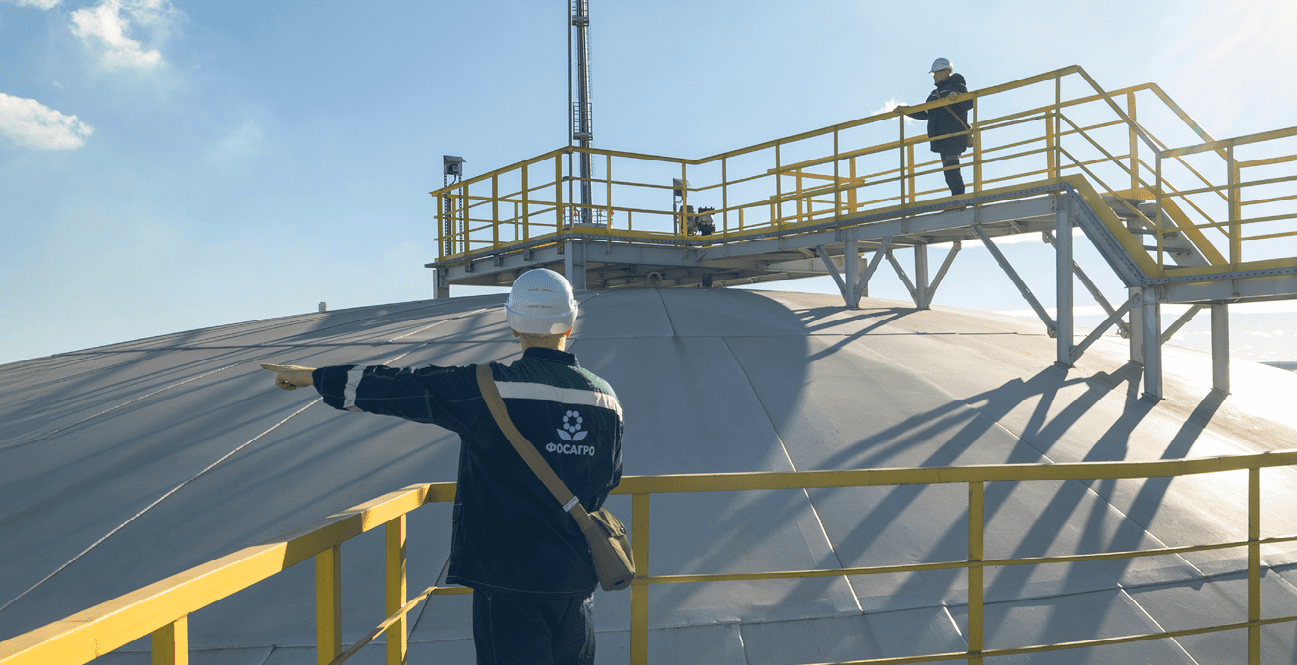
The total number of Apaptit’s employees who completed assessment in 2023 went slightly down to 1,161 people (compared to 1,211 employees in 2022). In the reporting year, the focus was on assessing managers (407 employees compared to 236 in 2022) and white‑collar workers (458 employees compared to 213 in 2022).
Our robust system of financial and non‑financial rewards is aligned with the Company’s performance and motivates all employees to improve their performance in order to achieve our business goals. The purpose of the system is to incentivise staff in order to deliver strong operating results and increase productivity, as well as to retain qualified talent.
Salaries are complemented by a flexible system of incentives and bonuses paid to employees who meet or exceed production targets. Bonuses are paid annually and are timed to coincide with such professional holidays as the Chemist’s Day and the Miner’s Day. In 2023, each employee received a total of RUB 100,000 on the occasion of these two professional holidays, while the Company’s veterans were paid RUB 20,000.
PhosAgro prohibits any discrimination in setting or adjusting salaries based on an employee’s gender, age, race, nationality, origin, or religion.
In 2023, the Company launched a project of grade‑based compensations as a way to increase the internal fairness and external competitiveness of PhosAgro’s remuneration framework. Job assessments and grading rely on a point‑factor methodology, which considers the knowledge and skills of employees, complexity of tackled issues, responsibility, and impact on outcomes.
In the period under review, pay rises covered all personnel categories. They came as a result of 15% salary indexation starting from 1 April 2023, targeted remuneration adjustments and the implementation of incentive programmes.
OUR INCENTIVES AND REWARDS SYSTEM ENSURES:
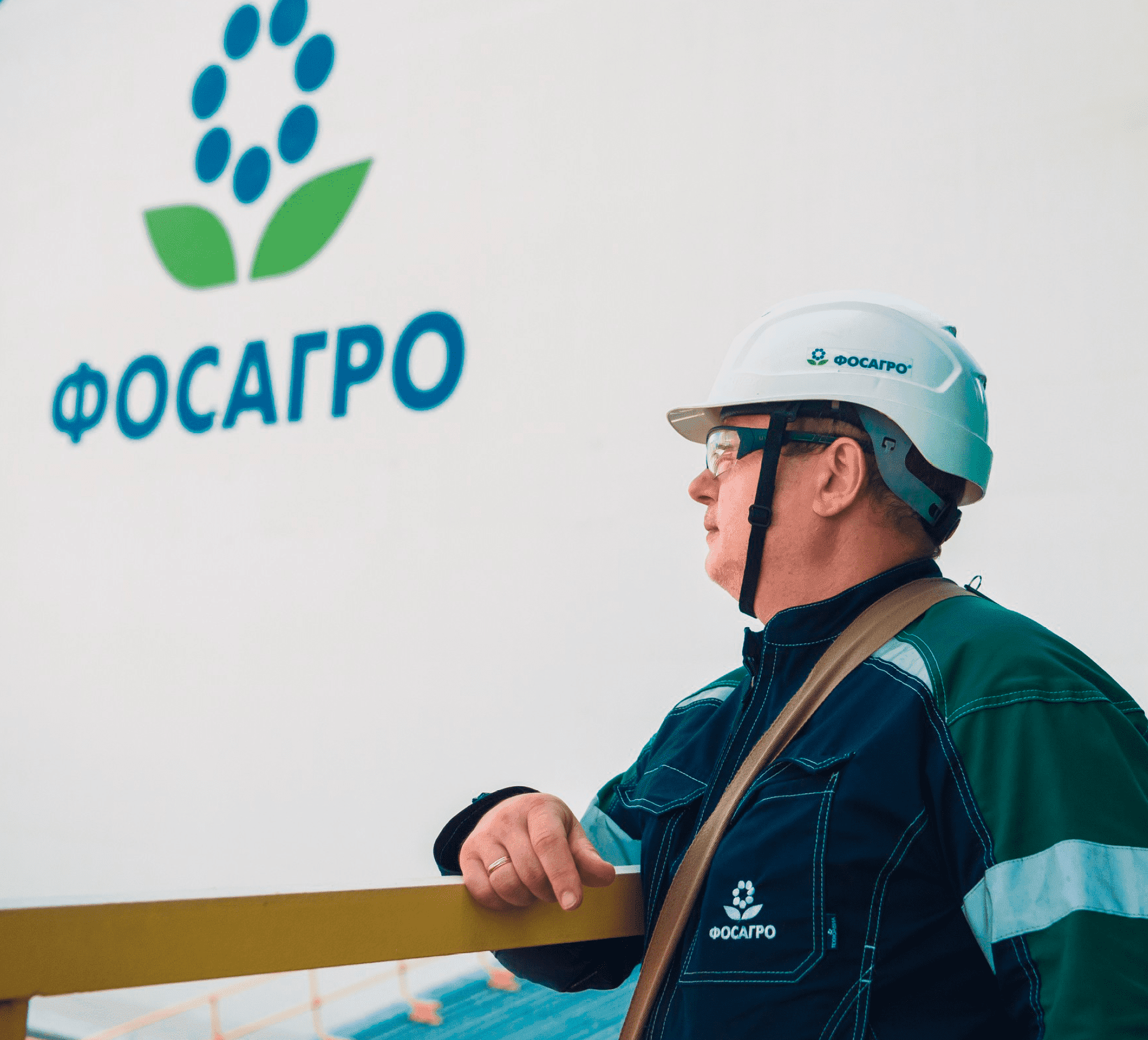
Decent pay
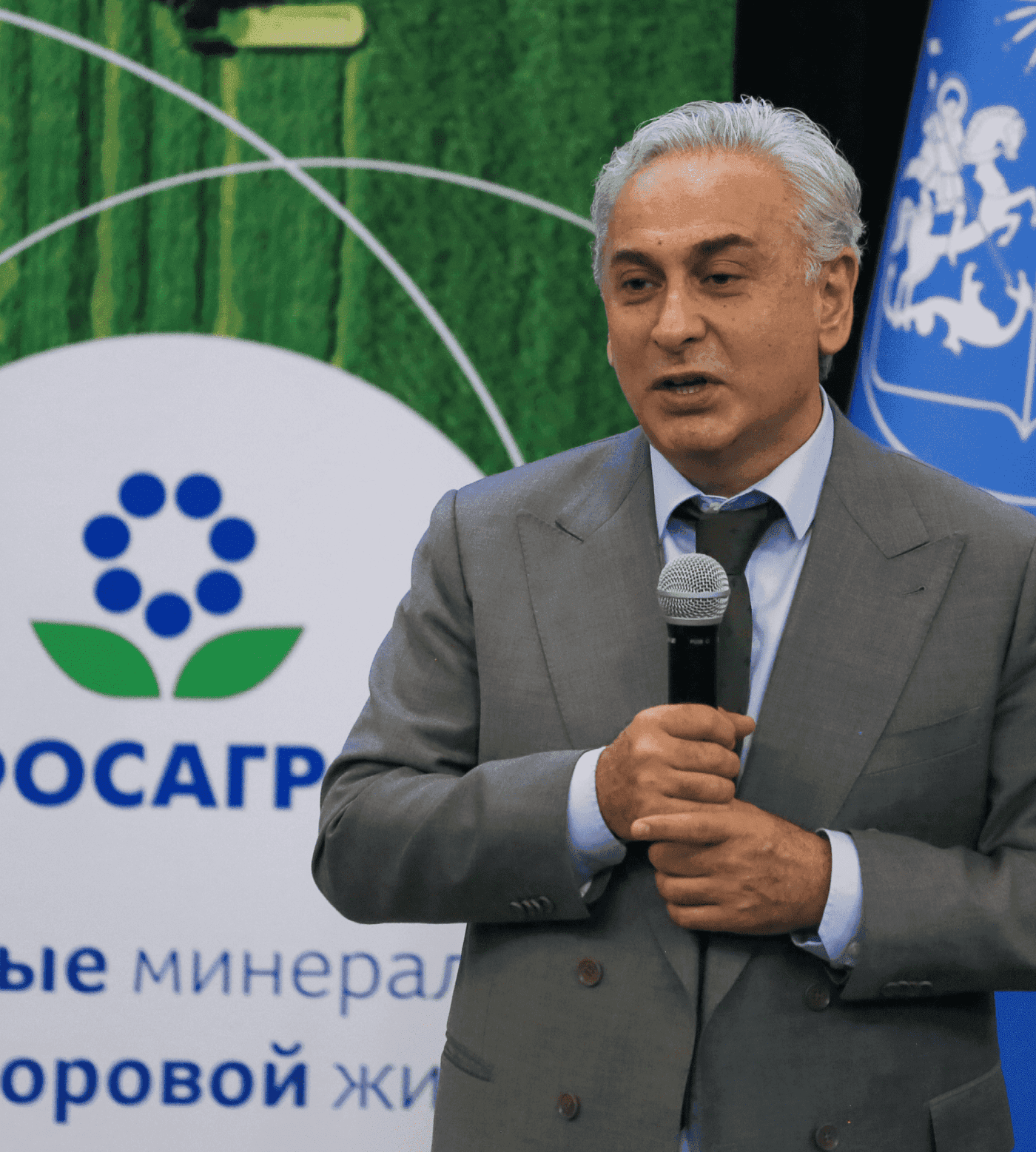
Implementation of incentive programmes using a transparent system of key performance indicators (KPIs) to calculate managerial rewards
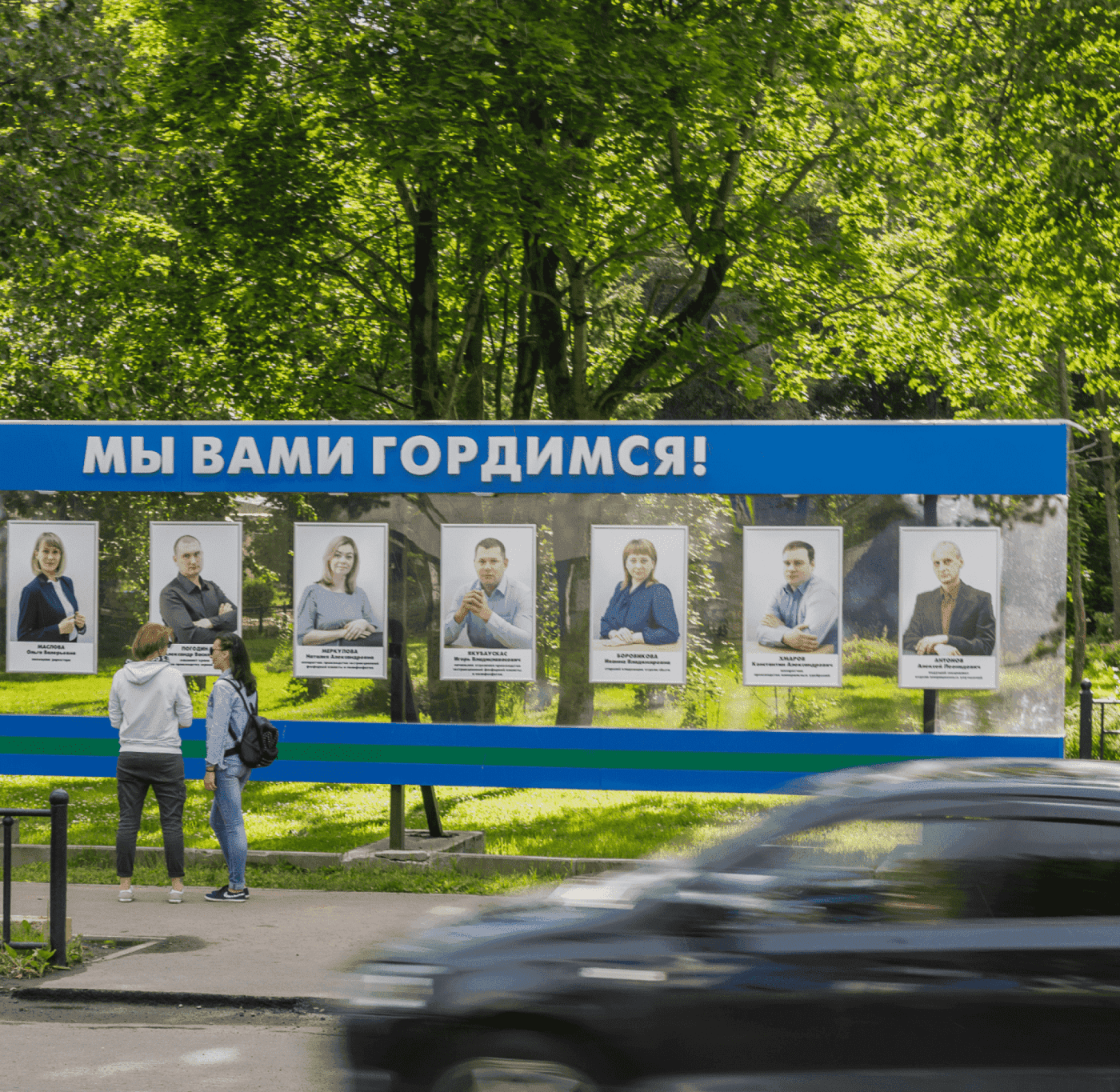
Implementation of incentive programmes to motivate blue‑collar employees to deliver against their targets

Availability of financial and non‑financial rewards

Employee coverage by social programmes

Availability of benefits for certain employee categories
We provide comprehensive social support to our employees, and every year we increase funding for social programmes, benefits and guarantees and expand their range.
Collective Bargaining Agreements provide for a range of relevant benefits as part of the government programme to support families, mothers, and children. Recreational summer health resorts and specialised excursions are organised for employees’ children on an annual basis. The Company provides financial assistance to employees supporting large families, with separate payments made for each child. Employees taking a parental leave to take care of children aged 1.5 to 3 are also entitled to monthly financial assistance. New Collective Bargaining Agreements formalise additional benefits for families raising children with disabilities. All children of employees aged 1 to 14 receive New Year presents, while parents of children under 1 year of age are entitled to financial assistance equivalent to the cost of a corporate New Year present for their child. Parents of first graders annually receive RUB 10,000 in financial assistance on the occasion of the Knowledge Day.
PhosAgro provides employees with vouchers to local and southern health (rehabilitation) resorts and corporate health (rehabilitation) resorts. Employees and their family members can apply on a competitive basis for a free health resort vacation programme, with 50% of travel expenses covered. Employees and veterans of the Company, as well as their family members, have access to corporate health resorts at a reduced price.
The Company offers financial support to employees facing hardships in life such as fire, flood, theft, or loss of a close relative.
Each employee is provided with a supplementary health insurance policy and can benefit from discounted dental services, including dental prosthesis.
Employees can seek psychological, financial, and legal assistance and receive active lifestyle and healthy eating advice, including through the use of telemedicine services.
In 2023, we implemented major projects worth over RUB 500 mln to improve the working conditions at our facilities.
Offering compensation of interest paid on mortgage loans. Candidates are selected using a point‑based system. The programme aims to retain highly qualified professionals with hard‑to‑find skills, including workers from other regions. Priority is given to employees included in the talent pool, participants of young talent support programmes, and employees with strong work performance and a track record of social activities;
Building corporate housing. From 2014 to 2023, five residential buildings (622 apartments) were constructed in Cherepovets, Kirovsk, and Balakovo;
Providing corporate accommodation equipped with all the necessary amenities. Additionally, employees who lease private apartments receive compensation for their rental expenses.
Since the programme’s inception, the Company has helped around 3,000 employees improve their living conditions.

To provide opportunities for leisure activities, foster creativity, meet the spiritual needs of employees, and strengthen the unity of the workforce, the Company stages corporate and cultural events timed to coincide with professional holidays or other significant dates and occasions (Chemist’s Day, Miner’s Day, charity festivals, Theatre Day, Victory Day, etc.), environmental games and campaigns, family contests (PhosAgro Generation), and sports challenges. These events aim to increase employee engagement and enhance communication within the team.
Apatit’s veteran organisations bring together retired workers and use corporate funding for a wide range of social support measures and leisure‑time activities. Additionally, a corporate pension programme was put in place to provide financial assistance to retired employees.
